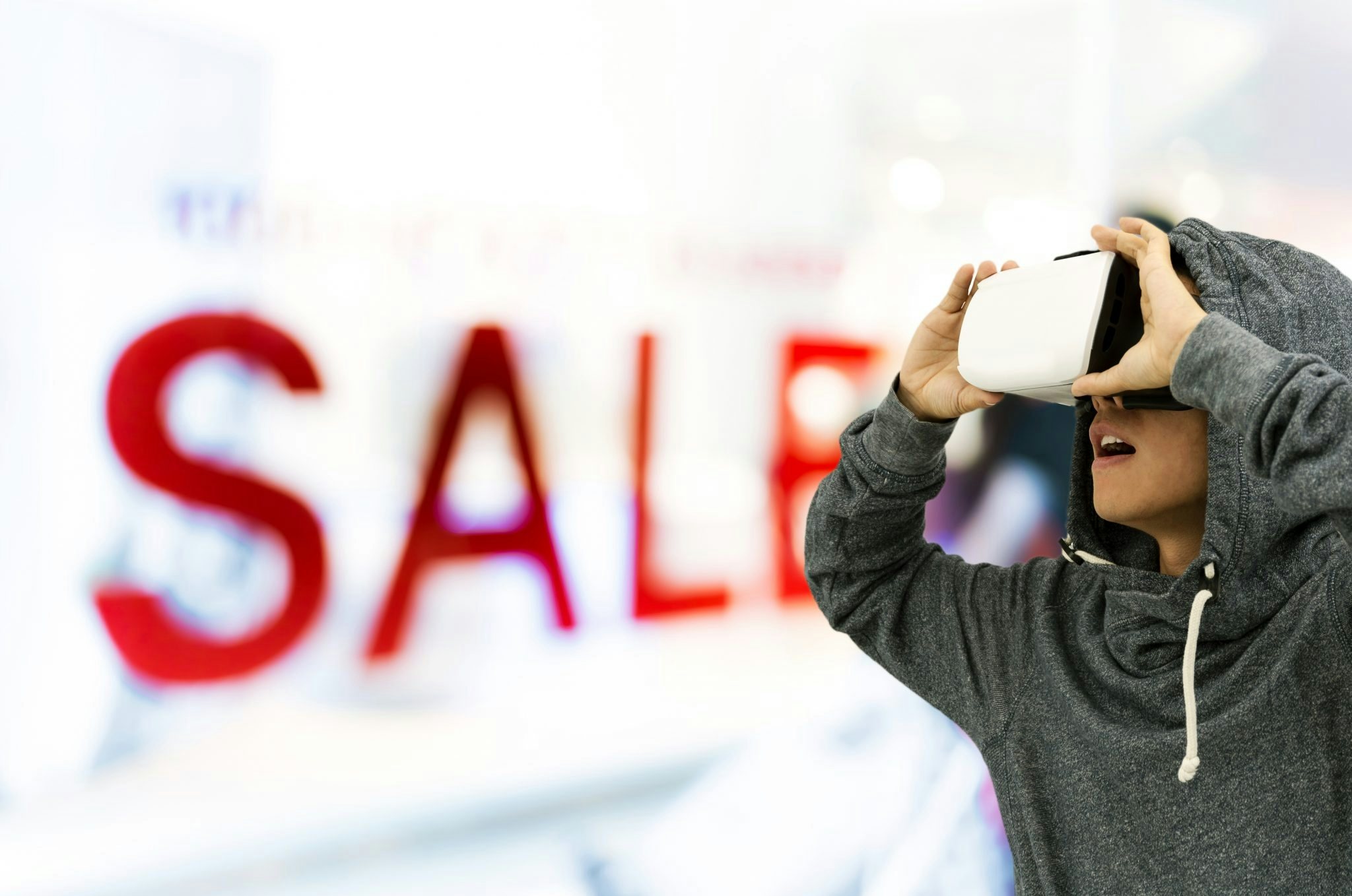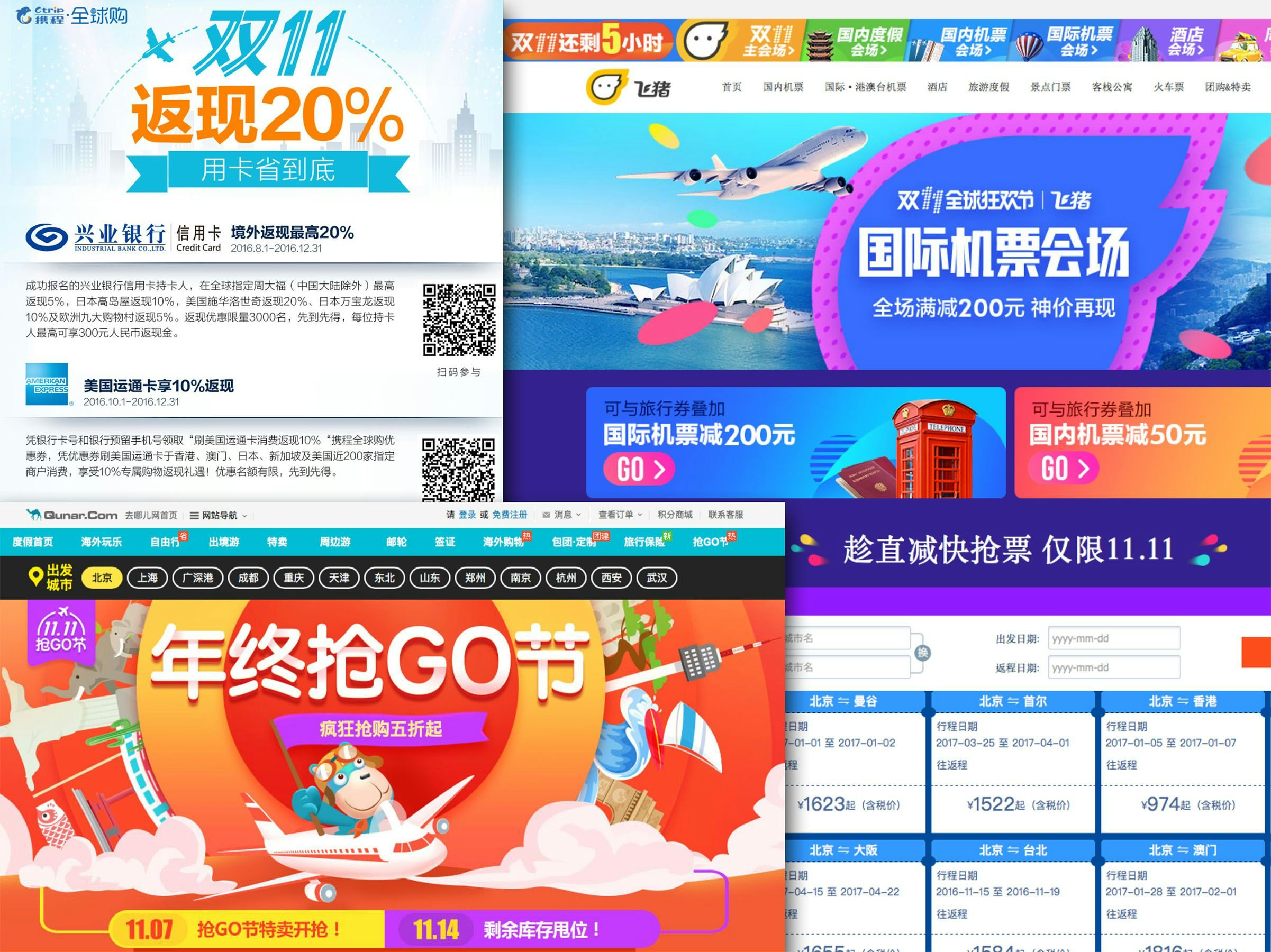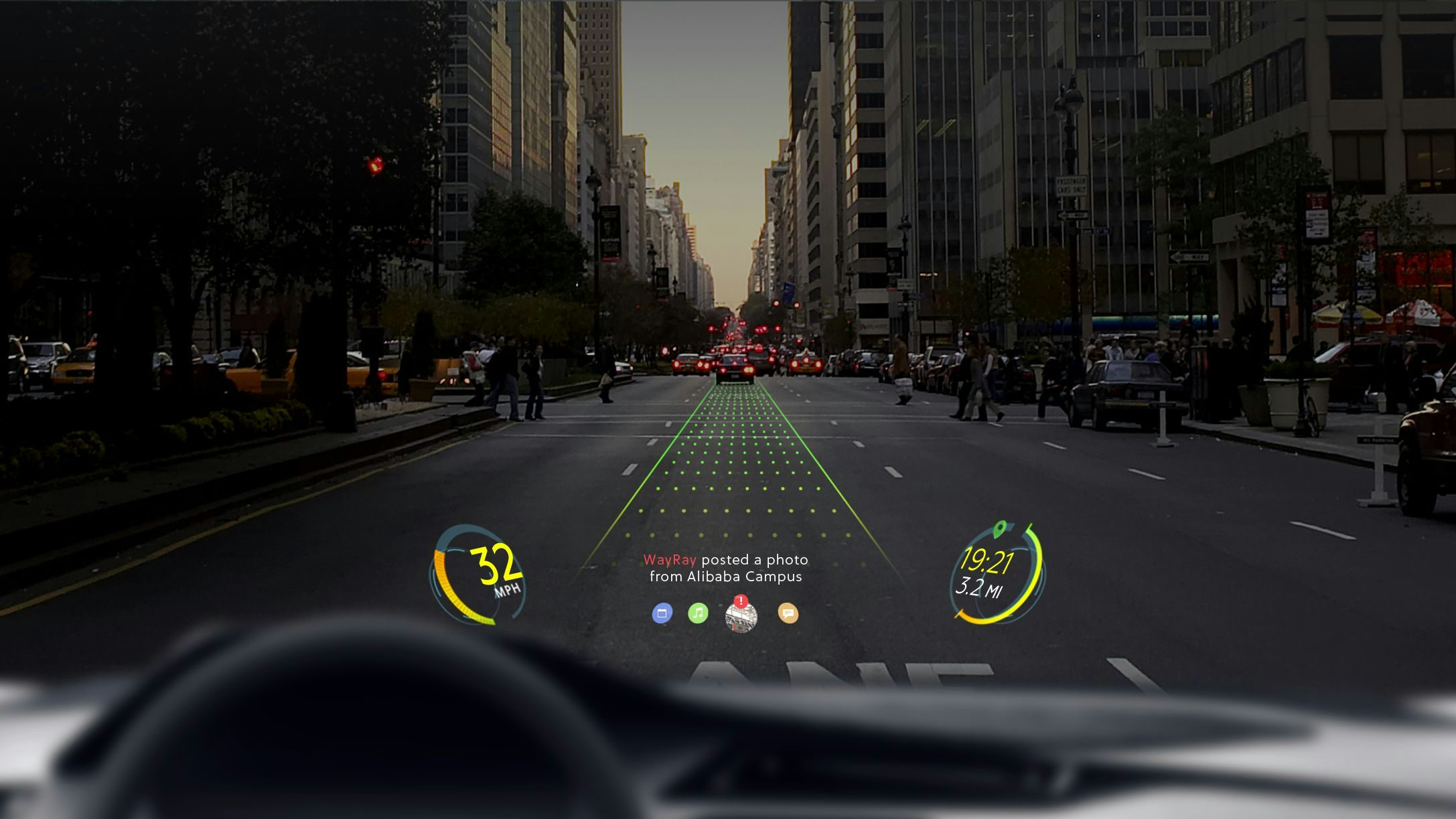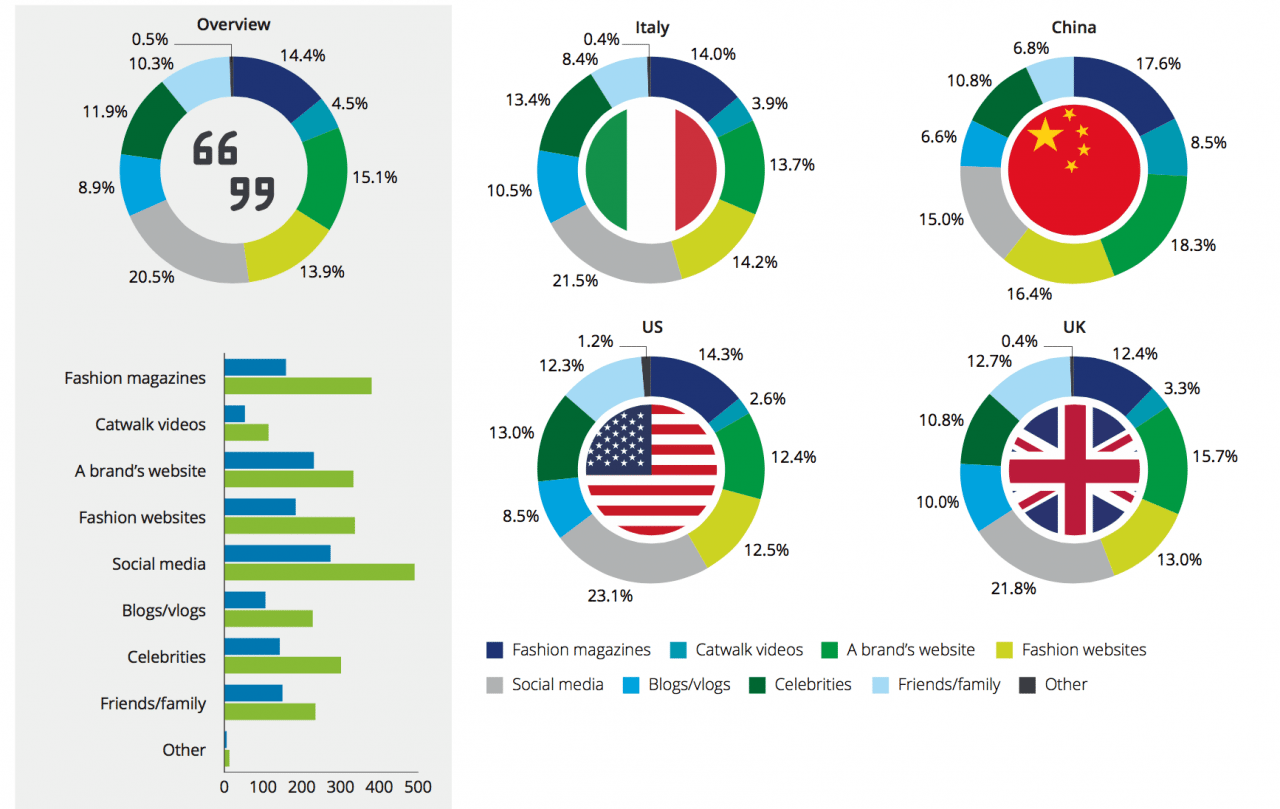Alibaba, China's top e-commerce company, has plans to use virtual reality (VR) technology to drive up the volume of Chinese consumers spending on its platforms Taobao Marketplace and Tmall. The latest testing ground of this VR initiative is the company's signature shopping festival, Singles' Day, the Black Friday of China.
The frenzy-inducing Singles' Day shopping festival was originally initiated and popularized by Alibaba. It began as a playful online punchline. The date November 11, also known as “double eleven”, was celebrated among China’s 80's generation and millennials to show pride in staying single. Alibaba encouraged young singles to purchase particularly luxurious and expensive goods on this day in celebration of personal self-care and confidence. Nowadays, the strategy has been adopted by most prominent e-commerce sites such as JD.
Around the same time last year— right before the 2016 Singles’ Day Shopping Festival—Alibaba launched its test version of Buy+, a product that provides luxury shoppers an immersive VR shopping experience that can be accessed using their smartphones and a 0.15 cardboard frame.
This year, Alibaba’s virtual store has been added as a new shopping option for Singles Day, according to PYMNTS, a commerce information site. According to analysts, from a retailer’s standpoint, the goal of using VR is to make shopping online a “less disconnected 2D experience”.
According to demo videos of Buy+, during the Singles’ Day promotion period last year, the product allows Chinese shoppers to “take a ride through Times Square” and “step into” high-end department stores such as Manhattan’s Herald Square Macy’s to browse and purchase the luxury handbags, shoes, and other items that are typically not available in China through Tmall global.
In order to benefit from the full VR experience, however, Chinese consumers must purchase the special headset instead of using the cardboard frame, according to Alibaba. The frames can be costly.
To instill consumers’ incentive, Alibaba put “little red envelopes” across the virtual stores that were only accessible through the full AR/VR technology experience.
However, there are still several barriers that need to be overcome if Alibaba sees AR/VR technology as a long-term solution to boost sales. The AR/VR technology in the shopping experience is still at an early stage of development. “The biggest challenge we face is how to virtualize the over one billion merchandise on Taobao within a short amount of time,” an interactive experience designer of Buy+ told Sohu news.
Another challenge is whether it will be welcomed by the rising force in the evolving Chinese market—the millennial Chinese shoppers. Prominent Chinese KOLs and style icons including Michael Xufu Huang have said they still prefer the traditional brick-and-mortar shopping experience for luxury goods. Huang feels in order to get their money’s worth on the full luxury experience. Unlike their older generation counterpart, Chinese millennials are famous for their financial ability and fondness to travel internationally. It is still to be seen if these millennial luxury consumers will prefer the convenience of the VR shopping experience, or opt for visiting the foreign department stores in real life by taking a vacation abroad.
Alibaba’s VR initiative is a trend-setting one, however, besides the Singles’ Day annual shopping events, the company will need to explore ways to convince the increasingly savvy Chinese shoppers why they would want to continue using the virtual reality shopping channel throughout the year.



